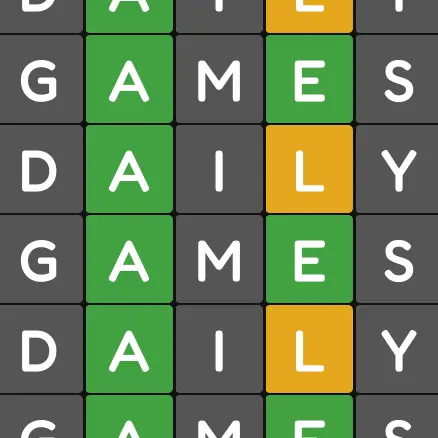Unfortunately it requires vulkan (it says 1.3, but because vulkan is based on extensions so it probably doesn’t require the full 1.3). So if you have the Intel GMA 950 that’s in the motherboard for your Pentium 4 HT is not supported. But I’m confident that an AMD HD 6000 from 2010 with the Mesa driver “terakan” is enough to run it. And theoretically one could implement vulkan even for an HD 2000 from 2007, but it’s an unreasonable effort.
If they made an opengl backend, you would be golden, as the Mesa driver i915 implements opengl 2.1 for the GMA 950, and it’s definitely enough to run an editor
P.s.: and I sure did not spend the last 30 minutes looking up vulkan hardware







Tech Bros make a panopticon and call it a novel approach